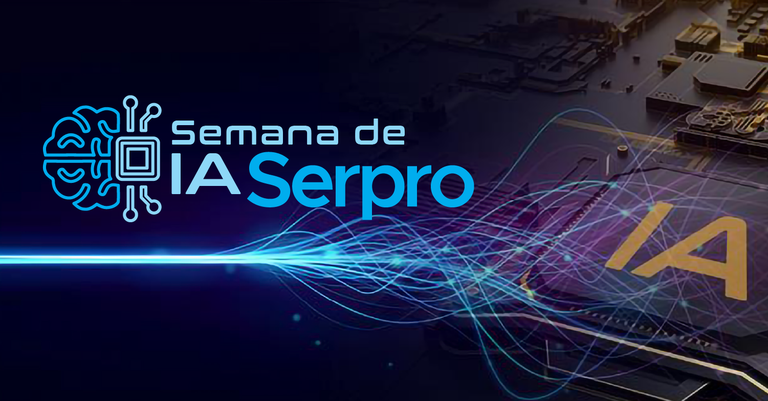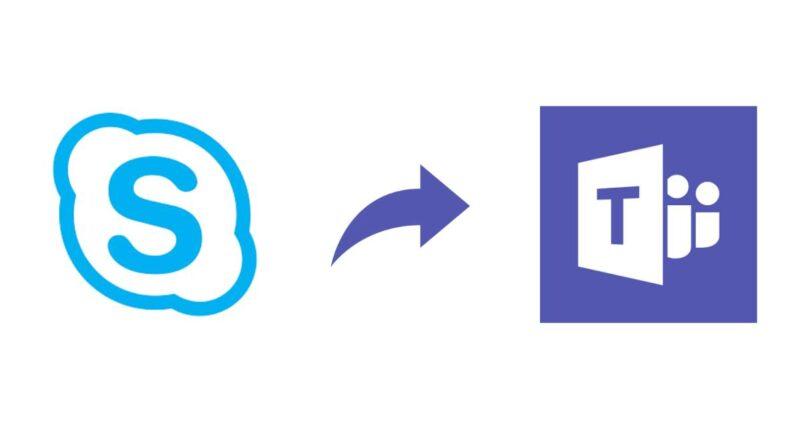
Bill Gates and the future of Artificial Intelligence
Have you noticed how artificial intelligence (AI) is gradually becoming part of our lives? Maybe you use a voice assistant to play your favorite song or check the weather. It feels futuristic, but according to Bill Gates, this is just the beginning. This week, Gates made an interesting prediction: in 10 years, AI will take on important roles in areas like healthcare, education, and agriculture. But what does this really mean? Let’s dive into it.
What exactly did Bill Gates say?
Bill Gates believes that AI is advancing at such a fast pace that it might soon become a “partner” in tasks currently performed by humans. He shared some fascinating examples. For healthcare, Gates envisions AI acting as medical advisors, helping to identify symptoms, suggest treatments, and even offer emotional support—especially in areas where doctors are scarce.
Another example he mentioned is in education. Gates imagines AI acting as virtual tutors, helping students learn in personalized ways adapted to each individual’s needs. It’s like having a private teacher accessible to everyone.
And in agriculture? Gates highlighted that AI could make a big difference by helping farmers better understand soil conditions, predict climate changes, and improve food production. These advancements could be key to tackling challenges like hunger and sustainability.
How could this impact our lives?
You might be wondering, “How does this affect me?” Let’s consider some everyday scenarios. In healthcare, AI could act as a “medical assistant.” Imagine describing your symptoms to an AI system and receiving accurate advice or even a preliminary diagnosis. It could be a game-changer, especially in areas with limited access to doctors.
In education, the impact could be even greater. Imagine studying with an AI tutor who understands your weaknesses, explains concepts in a way tailored to you, and keeps up with your learning pace. This would make education more accessible and equitable for everyone.
And as for agriculture, AI could help farmers know exactly when to plant, water, or harvest their crops based on detailed data. This means more efficient food production and reduced waste—essential in a world facing population growth and climate challenges.
The challenges of this revolution
Of course, it’s not all smooth sailing. Gates also pointed out some challenges that come with this technology. One major concern is the impact of AI on the job market. As more tasks are automated, some jobs might disappear. That’s why it’s crucial to prepare people for new opportunities and invest in workforce training.
Another concern is ensuring ethical use of AI. With such powerful technology, it’s essential to protect privacy and avoid increasing social inequalities. Responsible development and deployment of AI will be key.
What does the future hold?
What can we take away from all this? Gates made it clear that we’re living in a historic moment. Artificial intelligence has immense potential to solve problems that once seemed impossible. But he also emphasized that this transformation will only succeed if it’s guided by responsibility and focused on benefiting society as a whole.
Imagine healthcare becoming more accessible, education more inclusive, and agriculture more efficient. All of this is on the horizon, thanks to AI. And the best part? We’re here to witness and be part of these changes.





